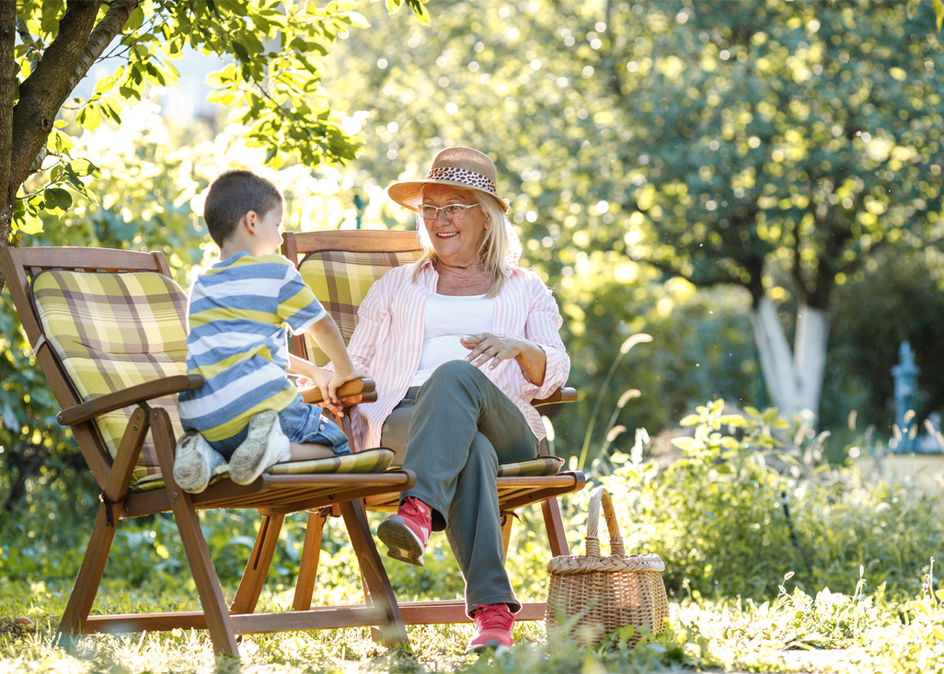
If you've ever felt isolated in your senior years (or you know someone who does), it may be more common than you realize.
A recent study found 24 percent of older adults were socially isolated, says Dr. Nicholas Nicholson Jr., a nursing professor at Connecticut's Quinnipiac University, who researches geriatric isolation. Long term, that can have physical impacts, so it’s important to address it. Keep reading for five tips that can help...
Tip 1: Understand the difference between isolation and loneliness
Loneliness is a feeling that we all experience occasionally, whereas social isolation refers to a lack of social connections and interactions based on physical or psychological distance from the people and relationships we care about, says Dr. Nicholson. That can affect our emotional and mental well-being, and older adults are most at risk.
Tip 2: Identify what contributes to isolation
When seniors and caregivers know the issues that trigger social isolation, they can create strategies to offset it. Factors that can lead to isolation include:
- a individual's personality
- health problems, such as vision or hearing impairments, that affect connections
- challenges in mobility and transportation that makes it difficult to get out
- relocation or loss of friends and family members
- housing or living circumstances that make it difficult to see others (Dr. Nicholson stresses that having the right housing situation is very important.)
Tip 3: Know the risks of social isolation
Acknowledging the real health impacts of isolation can motivate you and your loved ones to make proactive changes. According to Dr. Nicholson, social isolation can lower your quality of life and increase your risk of depression, substance abuse, hospitalization and death.
Tip 4: Start combating social isolation
While the following strategies to create connection may seem obvious, they require consistent effort, follow up and encouragement from caregivers or loved ones.
- Reach out and build new networks: Say hi to a neighbour, make new friends, and call or write to old friends regularly.
- Read a children’s book to a young relative: You can do this weekly on the phone, the Internet or in person. It boosts connection and interaction while helping the younger generation with an important skill.
- Try something new: Take a walk around the block or have a cookie exchange with a neighbour. Join a class or club for seniors.
- Plan your day or your meals: Taking charge of your day gives you something to focus on and a feeling of control over isolation.
Tip 5: Consider safe senior living
Safe and enriching activities, fitness classes, gardening, cooking workshops and volunteer work bring Amica residents connection, joy and a sense of purpose — and may be just what the doctor ordered.
Watch this Amica webinar to learn Dr. Nicholson’s tips for reducing isolation in seniors. And, schedule a tour to learn more about inspiring lifestyles for seniors, including exceptional dining, amenities, activities and flexible, personalized care.
